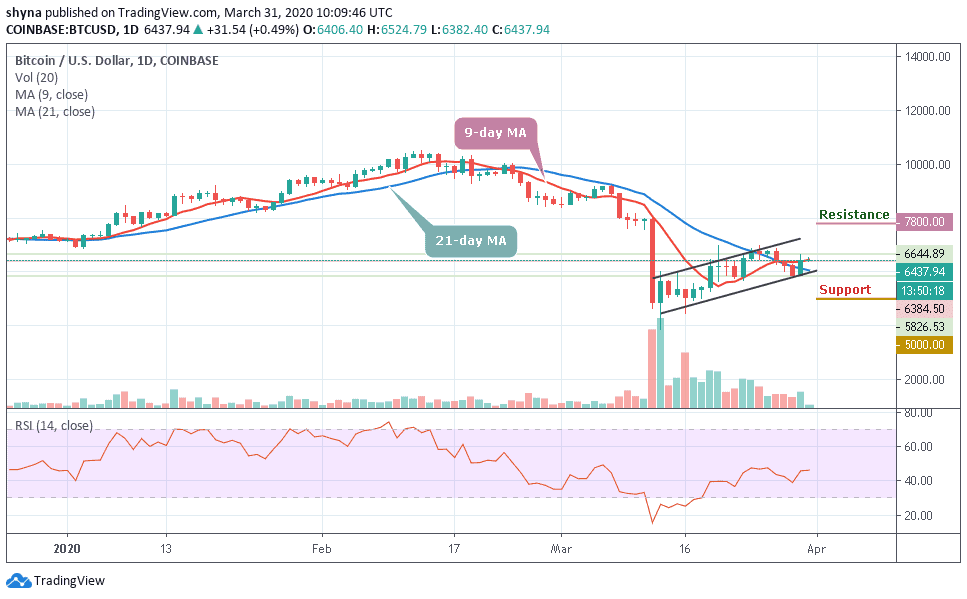Join Our Telegram channel to stay up to date on breaking news coverage
SF Express, China’s second-largest courier service provider, is using blockchain technology to distribute vital supplies during the ongoing coronavirus pandemic. According to a March 30 report from the Global Times, an English newspaper owned by the Communist Party of China, the Shenzhen-based firm is finding blockchain especially useful in monitoring the origin and quality of the supply of medical goods.
Blockchain Use in Broader Scopes
The report identifies blockchain as one of the top emerging technologies— along with big data and artificial intelligence — that can enable frontline medical workers and aid suppliers to control the spread of the disease and deliver relief efforts, especially during the coronavirus pandemic.
Blockchain technology is gradually transcending its use in the cryptocurrency sector and is proving effective for logistics management in times like these. For SF Express, the technology has the potential to optimize the process of tracking the origin and verifying the quality of medicinal supplies and food.
Given that these materials require high standards, blockchain can help to significantly improve their quality assurance. The company’s blockchain system would be able to classify priority levels of supply as well as minimize the risks of counterfeit or unlicensed goods being shipped to designated regions.
According to the report, China’s e-commerce company Alibaba Group has also contributed to efforts to contain the virus by implementing an AI-supported diagnostic program. It will also supply its AI CT scanning program to countries like the Philippines.
Blockchain Proving Useful for Government Applications
During this ongoing health crisis, several governments have turned to solutions like blockchain to manage their medical records, monitor the distribution of virus-prevention materials, and consult with the public.
In the first two weeks of February, China introduced as many as 20 blockchain-based applications designed to help counter the coronavirus outbreak. Last weekend, the World Health Organization also collaborated with major blockchain and software firms to launch a blockchain network that will aid the exchange of data relevant to the pandemic.
More government bodies are finally beginning to realize the infinite potential that the technology has to simplify many systems, and they’ve begun to take steps to embrace it. This is a welcome development, and it’s one that means progress for systems that require accountability and reliability.
The Open Ledger system can help to provide stable identity management, transparent ownership structures, and effective data mining. All of these will increase the versatility and durability of different systems. In July of 2019, the U.S. Department of Defense announced its four-year Digital Transformation Roadmap, which also includes blockchain implementation in several critical applications.
A March 24 release by the European Defense Industrial Development Programme (EDIDP) also asked for blockchain developers to submit proposals for defense and logistics solutions. Successful applicants will take part in a 254-million euro grant.
Join Our Telegram channel to stay up to date on breaking news coverage


